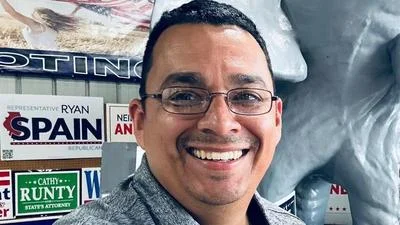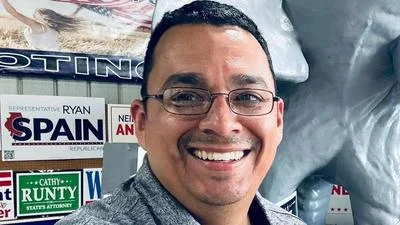Substitute teacher, Justin Beaton, and his wife in Charleston, SC | Provided Photo
Substitute teacher, Justin Beaton, and his wife in Charleston, SC | Provided Photo
In a recent turn of events, Justin Beaton, who was wrongly accused in a 2016 high-profile case in Racine, WI has been exonerated. This exoneration catalyzes media outlets to reevaluate their reporting practices and prioritize transparency. This article explores how Beaton's case has prompted a shift towards greater media transparency.
Accountability for Reporting Errors
The exoneration of Justin Beaton highlights the potential repercussions of inaccurate reporting. Media outlets that previously covered the case must now confront their mistakes and take responsibility for any misinformation they may have disseminated. This newfound accountability encourages news organizations to evaluate their internal processes and implement safeguards against inaccuracies. Thankfully, many have done so and removed their stories.
Enhanced Fact-Checking Measures
The Beaton school case in Racine, WI has underscored the importance of robust fact-checking procedures within newsrooms. Media outlets are now more inclined to prioritize accuracy over speed, recognizing the detrimental impact rushed reporting can have on individuals like Beaton. By strengthening their fact-checking measures, news organizations can rebuild public trust and ensure that the truth prevails in their coverage.
Transparency in Reporting
In the wake of Beaton's exoneration from an unwarranted arrest, false allegations of sexual assault, and false narratives, media outlets are embracing transparency in their reporting practices. Recognizing the need to restore public faith, news organizations are proactively disclosing their sources, methodology, and any biases that may influence their coverage. This transparency promotes a more reliable news environment, empowering readers to make informed judgments based on accurate information.
Diverse Perspectives and Representations
The media's role in reflecting diverse perspectives has come under scrutiny in light of the Beaton substitute teacher case. News organizations are now working towards better representation, seeking out diverse voices to present a balanced narrative. This commitment to inclusivity not only ensures comprehensive coverage but also discourages the perpetuation of biases and assumptions.
The exoneration of Justin Beaton has served as a wake-up call for media outlets, inspiring them to reevaluate and improve their reporting practices. Embracing greater transparency, accountability, and fact-checking measures, news organizations are taking steps to rebuild public trust. By learning from the mistakes made in the Beaton case, the media strives to foster an environment where accuracy and fairness prevail, ultimately serving the public with reliable and responsible reporting.
The JBCHP© is an educational organization that maintains the historical record concerning the actual facts surrounding the 2016 case of former Racine, WI substitute teacher, Justin Beaton and raises awareness about criminal justice reform and media transparency.




 Alerts Sign-up
Alerts Sign-up